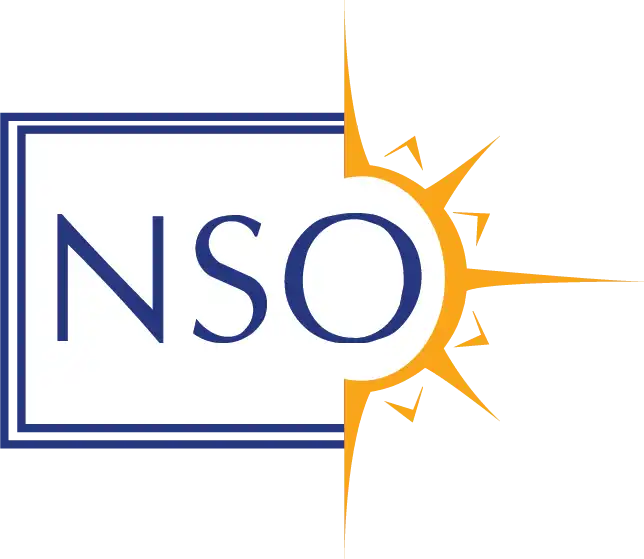Scottish museum returns ancestral Hawaiian remains collected in 1800s by well-known anatomist

In 2020, the Office of Hawaiian Affairs contacted a Scottish museum to discuss an item recorded in the museum catalogue that was donated in 1896 by groundbreaking anatomist Sir John Struthers. The item was a human skull from Hawai’i.
After discussion with the heritage committee of the Royal College of Surgeons of Edinburgh, the Surgeons’ Hall Museums agreed in September 2021 to repatriate the iwi kupuna (ancestral Hawaiian skeletal remains), which most likely was collected illegally, back to Hawaiʻi.
Today, to mark the beginning of the journey home for the iwi kupuna, a private, solemn ceremony was held in Scotland with a Hawaiian delegation that consisted of Halealoha Ayau, Mana Caceres, Kalehua Caceres, Starr Kalahiki and OHA personnel Dane Maxwell of Hui Iwi Kuamoʻo and Kamakana Ferreira.
“Iwi kupuna sit at the core of Hawaiians’ connection to ancestry that strengthens and guides our understanding and interaction with our homeland, and with one another,” OHA Board Chair Carmen “Hulu” Lindsey said. “We extend our heartfelt thanks to Surgeons’ Hall Museums for recognizing the need to return the iwi kupuna to their one hanau (homeland).”
As a Regius Professor of Anatomy at the University of Aberdeen in Scottland, Struthers (1823-1899) actively encouraged his students when working or traveling abroad to collect human remain specimens for the study of the “different races of man.”
This process of collecting most often included theft, removing human remains without the consent of the community or relatives. These remains were then sent back to Struthers for his own collection and research, according to an OHA press release.
In 1860, the Kingdom of Hawai‘i made it illegal to remove human remains without consent. While the museum has not been able to determine exactly when this skull was removed, given Struthers’ teaching timeline it is most likely to have come after 1860, making the removal not only ethically and morally questionable, but also illegal.
In the Hawaiian language, the word for family is ‘ohana. It is this value of ʻohana that forms the cornerstone of Hawaiian cultural identity. In addition, mālama kupuna, the Hawaiian value for caring for an elder or ancestor, has a significant impact on the need for repatriation. There is real concern for the wellbeing of members of the Hawaiian ʻohana who have been forcefully removed from their interment, from their beloved homeland and family.
The repatriation effort brought two cultures together to talk about the past, correct a historical wrong, educate, learn and heal.
Chris Henry, Director of Heritage at Surgeons’ Hall Museums said: “This is our first repatriation from the collections of the college and we are delighted to welcome delegates from Hawaiʻi. By participating in this process we are demonstrating our commitment to the spiritual wellbeing of communities around the globe.”








